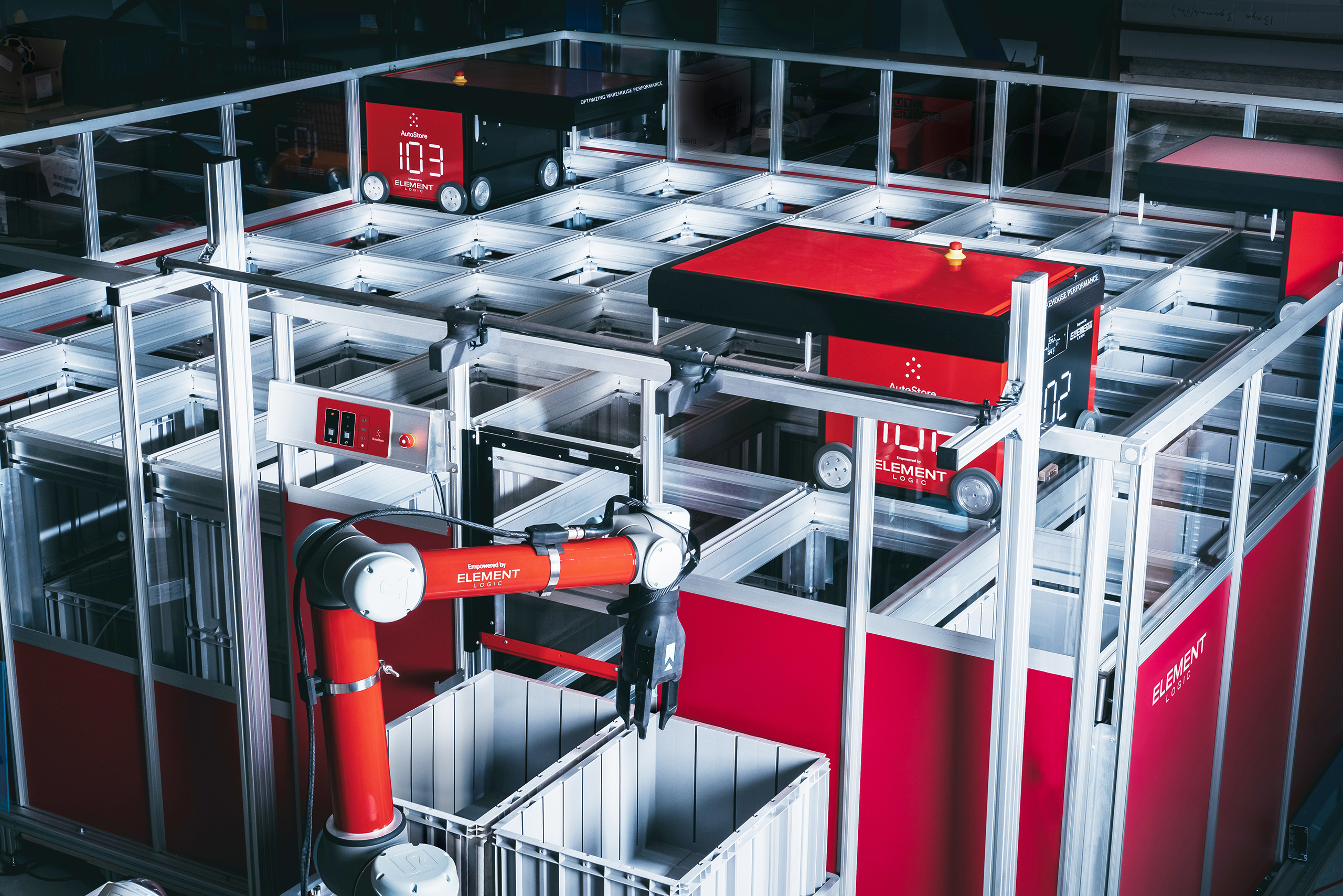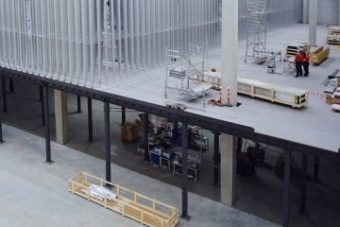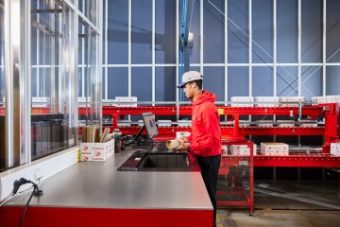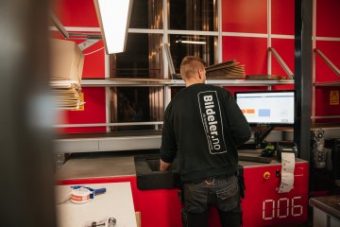The Future of Logistics in APAC – A Look at Growth and Transformation
Understanding the challenges and the opportunities in Asia Pacific’s logistics sector as well as how Element Logic is setting new standards for the future of logistics.

The Asia-Pacific (APAC) region is crucial to the global logistics landscape, thanks to its strategic position in international trade and innovation-driven economy.
As it goes on an upward trajectory, the sector is also experiencing a transformation. Efficiency and scalability have become paramount, driving the shift from traditional labour-intensive operations to sophisticated, technology-driven systems. For businesses, it is no longer just about operational efficiency but also a matter of rethinking the entire supply chain ecosystem.
Current State of the Logistics Industry in APAC
APAC’s logistics market is poised for significant growth, expected to grow at a compound annual growth rate (CAGR) of 5.25% between 2022 and 2027. Singapore, in particular, has solidified its position as a critical logistics hub thanks to its world-class infrastructure and strategic geographic placement.
This is fueled by a confluence of factors, including the booming e-commerce sector, expanding trade routes, technological advancements, and a growing emphasis on sustainability.
Challenges on the Horizon
Despite the positive outlook, the region does face some challenges. The region’s infrastructure, while generally robust, may struggle to keep pace with the rapid growth in trade and e-commerce, leading to congestion and delays. The shortage of skilled labour is another pressing issue, particularly in areas like warehouse management.
In addition, there are some unique challenges, such as high population density, limited space, and increasing labour costs. Plus, the ongoing global push for sustainability demands more energy-efficient solutions.
As such, driving innovation and efficiency is more important than ever to maintain a competitive advantage in the global market.
Factors Driving the Need for Innovation
- E-commerce Growth: The rise of e-commerce has been a game-changer for the logistics industry. In Southeast Asia alone, the e-commerce market is projected to reach $360 billion by 2025. This surge in online shopping has led to an exponential increase in the demand for swift, reliable, and cost-effective infrastructure solutions.
- Labour Shortages and Rising Labour Costs: The logistics industry in Singapore and APAC is facing a shortage of skilled labour, particularly in warehouse operations. Coupled with the rising cost of labour, it is becoming more expensive for businesses to rely on manual labour alone. Warehouse automation can help reduce labour costs and improve overall operational efficiency.
- Customer Expectations: Customers today expect faster and more accurate order fulfilment. When businesses struggle to meet these high expectations, it naturally leads to customer dissatisfaction and loss of business.
- Land Scarcity and High Real Estate Costs: In densely populated urban areas like Singapore, land is a scarce and expensive resource. Logistics operations must consider optimised space utilisation and more efficient processes.
Emerging Opportunities in APAC
Technological Advancements: Reshaping the Industry
With the market necessitating innovation, technology is quickly adapting to those needs. Technologies like automated warehouse management, integrated systems, data analytics, and robotics are, in fact, reshaping logistics operations.
These advancements are enabling the development of sophisticated automation solutions that can perform complex tasks with precision and speed. For instance, specialised robots can identify and pick items with greater accuracy than humans, while machine-learning algorithms can optimise warehouse layouts and workflows.
Flexible and smart systems are increasingly optimising inventory management, boosting productivity, and helping businesses meet consumer demands. Companies seeking to gain a competitive edge in the region should leverage these technologies.
Sustainability: A Growing Imperative
In the face of global environmental worries, sustainability has become a crucial aspect of the logistics industry. Companies are investing in electric vehicles, sustainable packaging, and energy-efficient warehouses to minimise their environmental impact. Automated warehouses can be designed to be more efficient, optimising operations with minimal waste.
This efficiency can be achieved through the optimisation of space and streamlined operations that lower the carbon footprint associated with manual warehousing processes. Incorporating sustainable practices into a business’ logistic operations not only benefits the environment, it also builds competitive advantage, increases productivity, and saves costs.
Element Logic: Pioneering Logistics Solutions
Element Logic, with its extensive experience and expertise in warehouse automation, is at the forefront of smarter, faster, and more reliable solutions. Well-known in the European and US market, the company is a worldwide leader in warehouse automation and logistics solutions.
Element Logic’s solutions are designed to tackle the pressing challenges and help business seize the opportunities in the region. Offering modular and scalable solutions, proven technologies, and extensive expertise, Element Logic has earned its reputation as a trusted partner for businesses seeking to enhance their logistics operations.
Making The Right Choices For The Future
The future of logistics in APAC continues to grow and flourish rapidly. Element Logic, with its expertise and innovative solutions, is poised to play a pivotal role in this journey. By advancing warehouse automation, it is strengthening its position as a leading solutions provider in the logistics sector while helping businesses achieve new levels of efficiency, productivity, and competitiveness.
Call us and find out how we can help transform your business.



